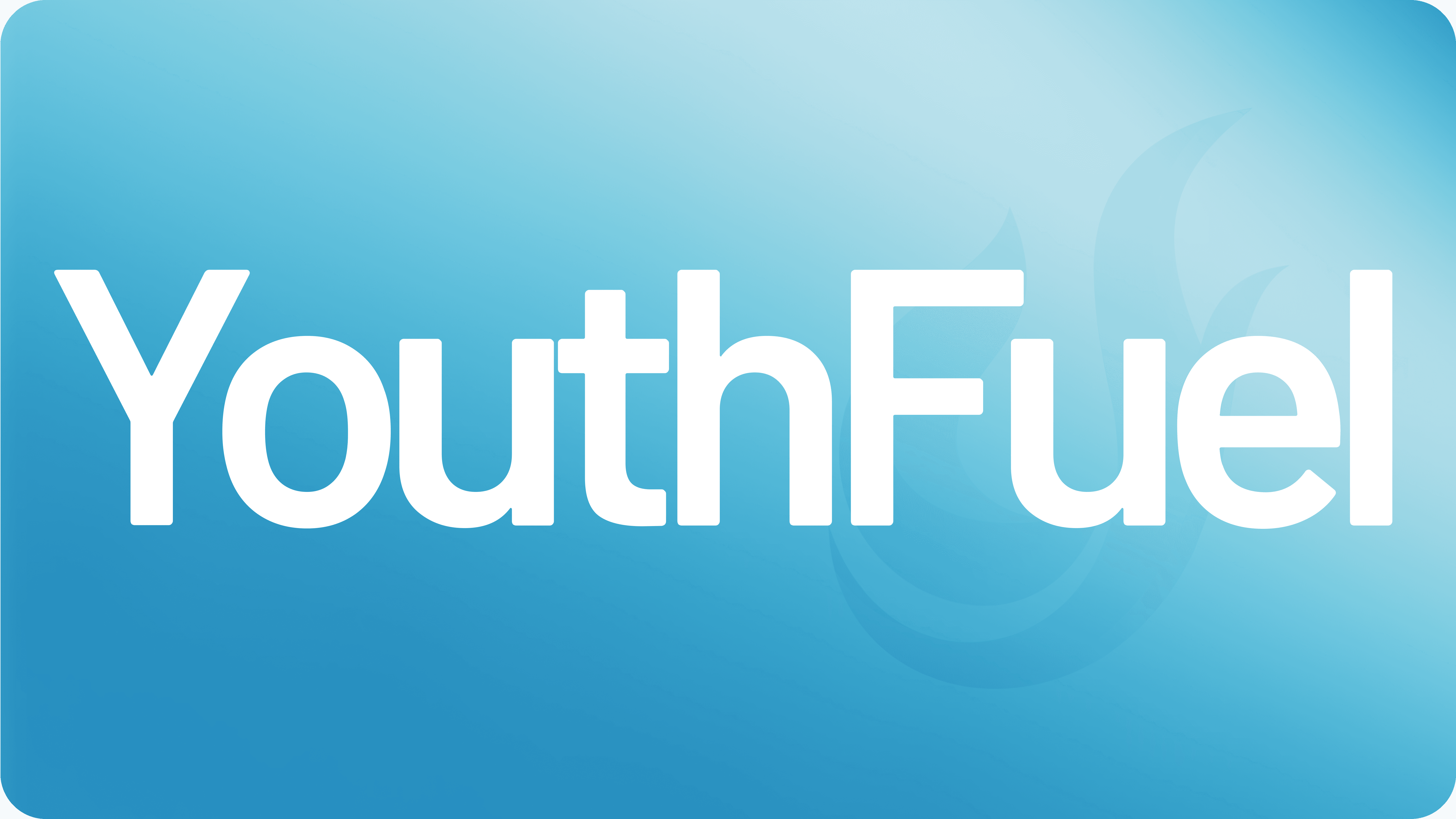Does Creatine Boost Testosterone? What the Science Actually Says

Randy Tobbe
Operations, YouthFuel
Introduction
Creatine is one of the most popular nutritional supplements out there. Walk into any gym, and you’ll probably hear someone talking about taking creatine supplements to build muscle, recover faster, or lift heavier. It’s been studied for decades and is well-known for improving muscle strength, exercise performance, and muscle growth.
But what about testosterone levels?
Some claim that creatine increases testosterone, while others say it’s just a myth. The International Society of Sports Nutrition (ISSN) even addresses common misconceptions about creatine supplements here, making it clear that while creatine helps with performance, its effect on testosterone production isn’t so straightforward.
So, if you’re looking to naturally boost testosterone levels, should creatine supplementation be part of your plan? Or is something like Testosterone Replacement Therapy (TRT) a better solution? Let’s get into it.
What Does Creatine Actually Do?
Before we talk about testosterone production, let’s break down what creatine monohydrate actually does in your body.
Your Muscles Run on ATP
Your body relies on adenosine triphosphate (ATP) to fuel movement, especially during high-intensity exercise. But ATP runs out fast. That’s where creatine phosphate comes in—it helps your muscles regenerate ATP, allowing you to push harder for longer.
Here’s what that means for you:
More strength and endurance during workouts
Faster recovery between sets and training sessions
Better muscle gains over time
That’s why highly trained college athletes, bodybuilders, and sprinters all use creatine supplementation—it gives them an edge when it comes to muscle performance.
But does this process have anything to do with testosterone levels?
Can Creatine Increase Testosterone?
The short answer? Not in a way that makes a huge difference.
Some studies suggest that creatine supplementation might cause small increases in free testosterone. One study found that young adults who followed a creatine loading protocol saw a slight rise in their testosterone ratio. But it wasn’t dramatic—definitely not enough to be considered a major testosterone booster.
Another study compared placebo groups with people taking creatine monohydrate and found no significant changes in overall hormone levels.
So, while creatine helps improve muscle mass, it’s not a direct ticket to higher testosterone production.
How Creatine Might Indirectly Support Testosterone
Even though creatine supplementation doesn’t directly increase testosterone levels, it can create conditions that support higher testosterone in the long run. Here’s how:
1. More Muscle = More Testosterone
Men with more muscle mass generally have higher testosterone levels. Taking creatine supplements can help you gain muscle more effectively, which may indirectly support hormone levels over time.
2. Less Cortisol, More Testosterone
High cortisol (the stress hormone) is a testosterone killer. It spikes when you overtrain, don’t sleep enough, or experience chronic stress.
Since creatine helps speed up muscle recovery, it may reduce workout-related stress and keep cortisol levels in check. Less cortisol = a better environment for testosterone production.
3. Brain Health and Hormone Balance
There’s growing research on creatine supplementation and brain health. Some evidence suggests creatine helps with mental clarity, memory, and stress resilience—all factors that can influence testosterone levels in the long run.
How Much Creatine Should You Take?
If you’re looking to build muscle and boost performance, here’s the right way to take creatine monohydrate:
Loading Phase (Optional):
20 grams of creatine per day (split into 4 doses) for 5-7 days to saturate your muscle cells.Maintenance Phase:
3-5 grams of creatine per day, every day, to maintain levels.
There’s no need to cycle off creatine. It’s one of the safest nutritional supplements out there, but if you have kidney disease or liver disease, check with a doctor before starting.
Creatine vs. Testosterone Replacement Therapy (TRT)
If you have low testosterone, creatine supplementation won’t fix the problem. Sure, it helps with muscle gains and exercise performance, but it doesn’t directly restore hormone levels.
That’s where Testosterone Replacement Therapy (TRT) comes in. TRT is designed to:
Increase free testosterone and balance your hormone levels
Improve muscle growth, energy levels, and athletic performance
Boost brain function, mood, and overall well-being
For men struggling with low testosterone, TRT is a direct and effective solution that creatine supplements just can’t match.
The Youth Fuel Solution: TRT, Weight Management & More
If you’re serious about boosting testosterone, optimizing body composition, and taking control of your health, Youth Fuel has you covered.
1. Testosterone Replacement Therapy (TRT)
Our expert-guided TRT program helps men with low testosterone regain energy, muscle strength, and overall vitality—all from the comfort of home.
2. Online Weight Management
Struggling to lose weight? Our doctor-led program uses treatments like semaglutide to help you improve body composition, boost metabolism, and enhance muscle performance.
3. 100% Online, Hassle-Free Healthcare
We make it easy. No doctor’s office visits. No waiting rooms. Just expert telehealth consultations and personalized treatment plans, delivered straight to your door.
The Bottom Line: Should You Take Creatine?
Yes—if your goal is better muscle gains, exercise performance, and muscle recovery.
No—if you’re expecting it to be a magic testosterone booster.
If you’re dealing with low testosterone, the best approach isn’t just creatine supplementation—it’s a comprehensive hormone-optimized plan. Whether that means adjusting your diet, training smarter, or exploring TRT, Youth Fuel is here to help.
Ready to take control of your testosterone and performance?
Start Your Health Journey Today
Increases Energy & Vitality
Effective Health Solutions
Boosts Confidence & Performance













